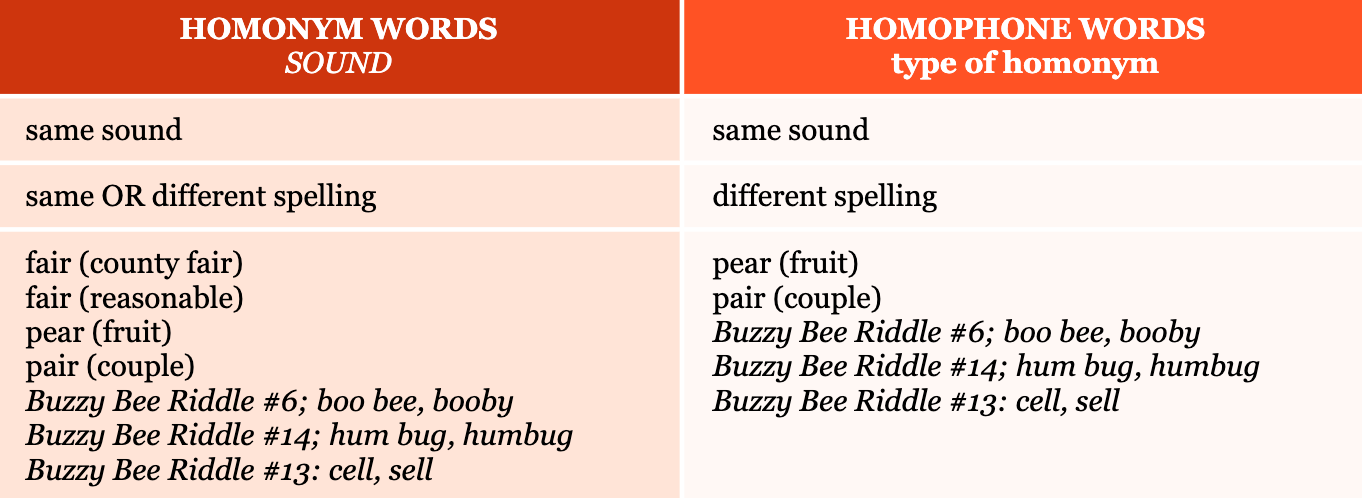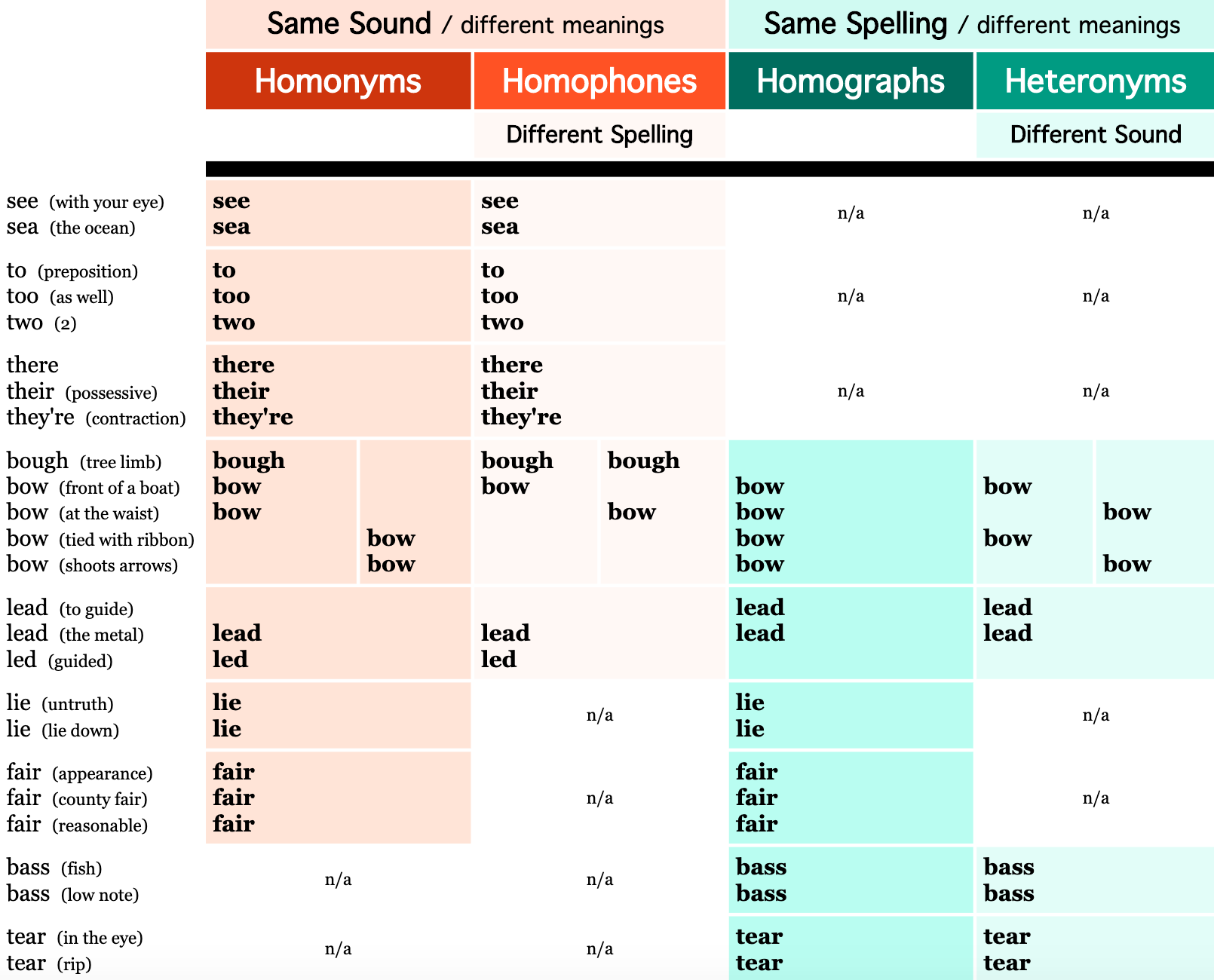⠀⠀³ grammar and punctuation
˒⠀S O T T . . . 𝙲𝙰𝚁𝙳𝙸𝙸𝙰𝙲

●○○○○○○○○
❛ 𝑾𝑬𝑳𝑪𝑶𝑴𝑬 TO THE 𝑭𝑰𝑵𝑨𝑳
𝑺𝑯𝑶𝑾, 𝑯𝑶𝑷𝑬 YOU'RE WEARING
YOUR 𝑩𝑬𝑺𝑻 CLOTHES. ❜

grammar & punctuation! ━━ no. 003
▃▃▃▃▃▃▃▃▃▃▃▃▃▃▃▃▃
FOR THIS CHAPTER, WE ARE GOING TO BE DISCUSSING GRAMMAR AND PUNCTUATION! Two elements that are incredibly important to utilize and perfect.
I'm not going to lie, having perfect grammar and punctuation is difficult. I know for a fact that I don't, but I'm working on it every day. However, not everybody has gotten the message that proper grammar and punctuation can make or break a book.
There have been several books that I've read where the description will be perfect, the layout is cute, and the aesthetic is poppin', but then I'll read the first chapter and subconsciously cringe. The author's sentences will be choppy, have the wrong your or you're, which is a huge pet peeve of mine, and their punctuation... it's a hot mess.
Here's an example of what I'm talking about: "I can ' t hardly believe what you said , like , what the heck . Your supposed to blah blah blah ."
This isn't a Niall Horan or Louis Tomlinson tweet. (Don't take that comment seriously, I love them.) This is a sentence in a book that you are writing.
In that example, not only is the punctuation flat out wrong and spaced out, the sentence also contains a double negative. "I can't hardly believe what you said." Both "can't" and "hardly" are negative constructions. Negation is a grammatical construction that contradicts, or negates, all or part of the meaning of a sentence. This is also known as a negative construction.
The proper way to write the example would be, "I can't believe what you said" or, "I can hardly believe you said that." Additionally, the wrong form of your/you're is used. There is a distinct difference between the two and people must take notice of this.
Next, I'm going to be explaining what homonyms, homophones, homographs, and heteronyms are.
━━ 𝗛𝗢𝗠𝗢𝗡𝗬𝗠𝗦: words that sound alike but have different meanings.
━━ 𝗛𝗢𝗠𝗢𝗣𝗛𝗢𝗡𝗘𝗦: a type of homonym that also sound alike and have different meanings, but have different spellings.

━━ 𝗛𝗢𝗠𝗢𝗚𝗥𝗔𝗣𝗛𝗦: words that are spelled the same but have different meanings.
━━ 𝗛𝗘𝗧𝗘𝗥𝗢𝗡𝗬𝗠𝗦: a type of homograph that is also spelled the same and has different meanings, but sounds different.

Now, here is a more detailed chart that I hope helps.

Some classic ones I see confused and misused the most are:
𝟏. 𝐓𝐰𝐨, 𝐭𝐨𝐨, 𝐭𝐨.
⠀⠀⠀⠀⠀Some of y'all don't know the difference between these three, but it's okay! I'm here to break it down for you!
⠀⠀⠀TWO: equivalent to the sum of one and one; one less than three; a group or unit of two people or things.
⠀⠀⠀⠀𝘌𝘹𝘢𝘮𝘱𝘭𝘦: "Two years ago"
⠀⠀⠀TOO: to a higher degree than is desirable, permissible, or possible; excessively; in addition; also.
⠀⠀⠀⠀𝘌𝘹𝘢𝘮𝘱𝘭𝘦: "He was driving too fast" or, "Is he coming too?"
⠀⠀⠀TO: expressing motion in the direction of (a particular location).
⠀⠀⠀⠀𝘌𝘹𝘢𝘮𝘱𝘭𝘦: "Walking down to the mall"
𝟐. 𝐓𝐡𝐞𝐫𝐞, 𝐭𝐡𝐞𝐲'𝐫𝐞, 𝐭𝐡𝐞𝐢𝐫.
⠀⠀⠀⠀⠀Please, for the love of some people's sanity, remember the difference between these! It's very aggravating when they're misused.
⠀⠀⠀THERE: in, at, or to that place or position.
⠀⠀⠀⠀𝘌𝘹𝘢𝘮𝘱𝘭𝘦: "We went on to Paris and stayed there eleven days"
⠀⠀⠀THEY'RE: they are.
⠀⠀⠀⠀𝘌𝘹𝘢𝘮𝘱𝘭𝘦: "They're happy"
⠀⠀⠀THEIR: belonging to or associated with the people or things previously mentioned or easily identified.
⠀⠀⠀⠀𝘌𝘹𝘢𝘮𝘱𝘭𝘦: "Her taunts had lost their power to touch him"
𝟑. 𝐘𝐨𝐮𝐫, 𝐲𝐨𝐮'𝐫𝐞.
⠀⠀⠀⠀⠀This is simple, but please remember the difference.
⠀⠀⠀YOUR: belonging to or associated with the person or people that the speaker is addressing.
⠀⠀⠀⠀𝘌𝘹𝘢𝘮𝘱𝘭𝘦: "What is your name?"
⠀⠀⠀YOU'RE: you are.
⠀⠀⠀⠀𝘌𝘹𝘢𝘮𝘱𝘭𝘦: "You're an angel"
𝟒. 𝐋𝐢𝐞, 𝐥𝐢𝐞, 𝐥𝐚𝐲.
⠀⠀⠀LIE, VERB: (of a person or animal) be in or assume a horizontal or resting position on a supporting surface.
⠀⠀⠀⠀𝘌𝘹𝘢𝘮𝘱𝘭𝘦: "The man lay face down on the grass"
⠀⠀⠀LIE, NOUN: the way, direction, or position in which something lies.
⠀⠀⠀LAY, VERB: put down, especially gently or carefully.
⠀⠀⠀⠀𝘌𝘹𝘢𝘮𝘱𝘭𝘦: "She laid the baby in his crib"
⠀⠀⠀LAY, NOUN: the general appearance of an area, including the direction of streams, hills, and similar features.
⠀⠀⠀⠀𝘌𝘹𝘢𝘮𝘱𝘭𝘦: "The lay of the surrounding countryside"
⠀⠀⠀LAID, NOUN: past and past participle of lay.
⠀⠀⠀LIED, NOUN: tell a lie or lies.
⠀⠀⠀⠀𝘌𝘹𝘢𝘮𝘱𝘭𝘦: "Why had Cleo lied about being busy?"
𝟓. 𝐈𝐭'𝐬, 𝐢𝐭𝐬.
⠀⠀⠀IT'S: it is.
⠀⠀⠀⠀𝘌𝘹𝘢𝘮𝘱𝘭𝘦: "It's my fault"
⠀⠀⠀ITS: belonging to or associated with a thing previously mentioned or easily identified.
⠀⠀⠀⠀𝘌𝘹𝘢𝘮𝘱𝘭𝘦: "Turn the camera on its side"
I hope all of these examples and explanations are helpful to you! For help with this chapter, I also paraphrased particular portions from an article on Your Dictionary titled 10 Examples of Bad Grammar To Avoid! If any of you need additional help, please feel free to private message me! I'd love to help in any way possible!
▃▃▃▃▃▃▃▃▃▃▃▃▃▃▃▃▃▃▃
❛ YOU 𝑪𝑨𝑵'𝑻 𝑩𝑹𝑰𝑩𝑬 THE DOOR
ON 𝒀𝑶𝑼𝑹 𝑾𝑨𝒀 TO THE 𝚂𝙺𝚈. ❜
○○○○○○○○●

Bạn đang đọc truyện trên: AzTruyen.Top